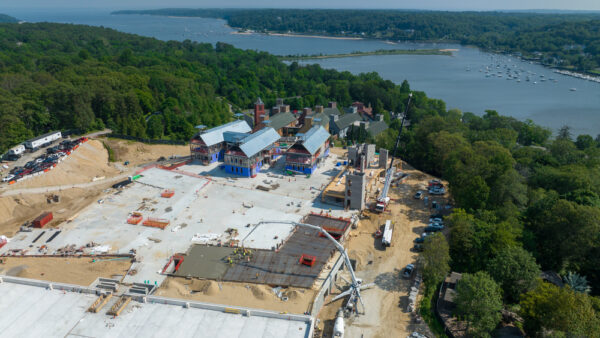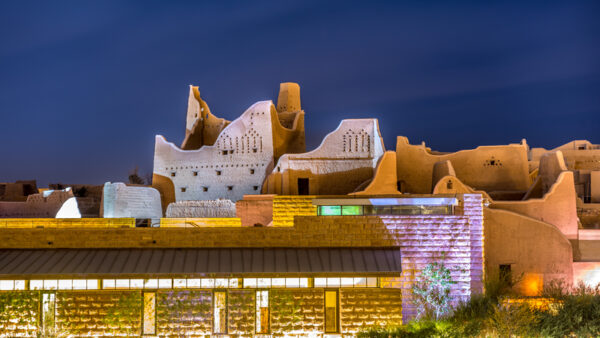Mohammed Ismail Al Emadi, the chairman of Qatar’s Committee for Reconstruction of Gaza, said he hoped his country would solve the enclave’s long-running electricity crisis by providing a 100MW generator within seven to eight months. He added that the committee had already issued a tender for international firms interested in providing it.
Qatar has just finished the second phase of the Sheikh Hamad bin Khalifa Al Thani Residential City, which involved the construction of 1,000 homes.
The first phase provided 1,060 units in January.
Al Emadi said contracts for $40m of further projects would be signed next week, and would include schemes in the fields of infrastructure, roads and houses as part of Qatar’s strategy to alleviate the suffering of Gazans.
During a meeting with officials from the Palestinian private sector, trade unions, professional associations and institutions, Al Emadi said: “We will not use foreign companies in the implementation of our projects in Gaza, and we will rely on local suppliers to provide these projects and needs through the purchase of local products and provide jobs for large numbers of Gazan in related sectors.”
Gaza’s diesel power station at Gisha originally supplied about 90MW. The plant was bombed by the Israeli air force in 2006, and the supply of diesel was restricted to some 60% of its needs. It was then destroyed in Operation Protective Edge in 2014.
Today the Gaza Strip has a peak demand of 280MW of which 120MW is supplied by Israel and 17MW by Egypt, leaving a significant shortfall.
The patched-up power station is functioning, but is forced to shut down from time to time for lack of fuel. According to a UN study, reported in April this year, parts of the enclave were regularly without power for up to 20 hours a day.
Â
In addition to the impact on the daily lives of Gaza residents, the power outages disrupt the normal functioning of civilian infrastructure, including health and educational institutions, water and sewage facilities and the agricultural sector.
In the course of the 2014 conflict, about 18,000 homes were razed by Israeli bombing, and a further 40,000 were extensively damaged. Besides the power station, a number of factories, and large number of administrative buildings, schools and hospitals were also damaged or destroyed.
Further Reading:






